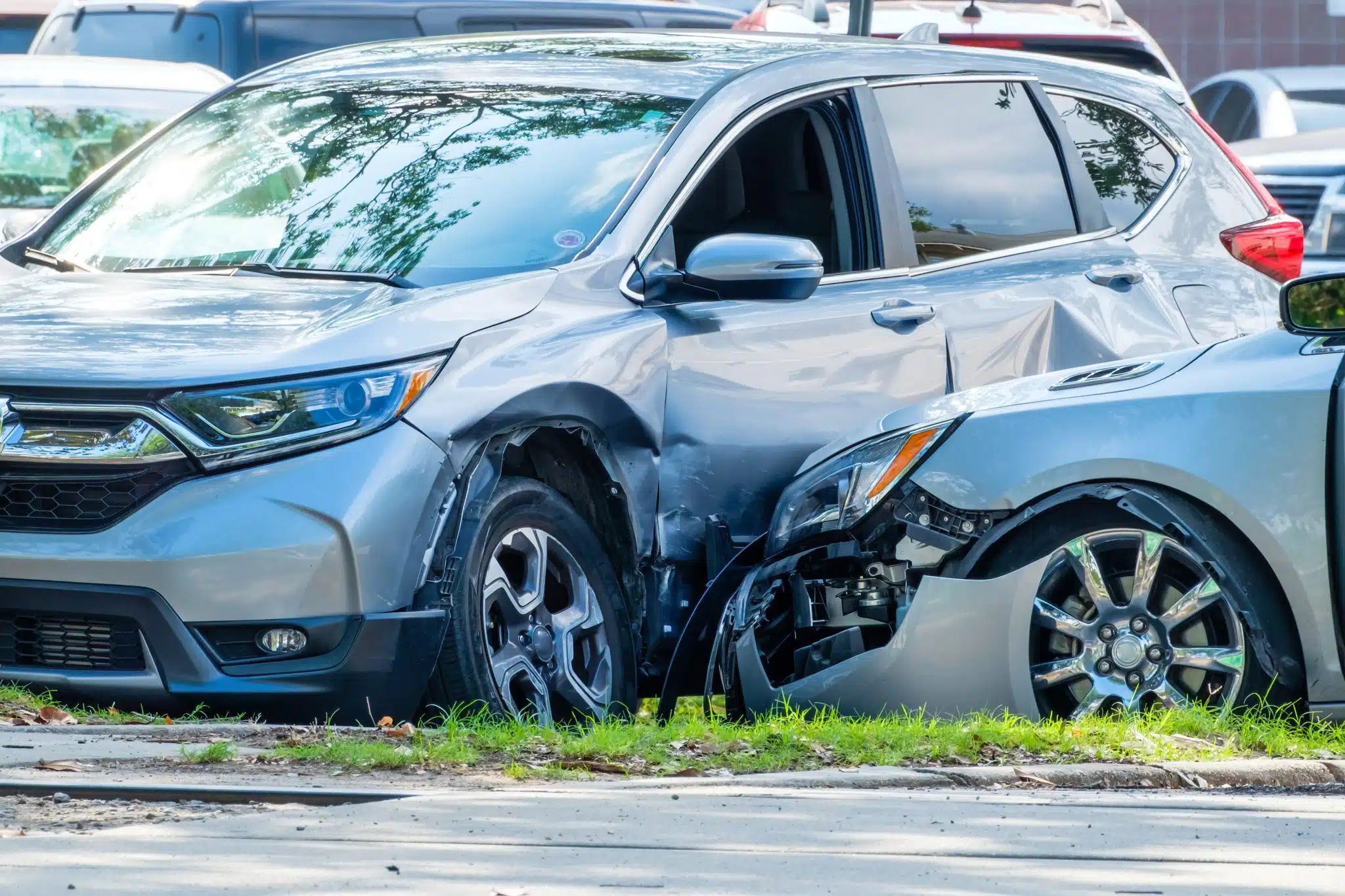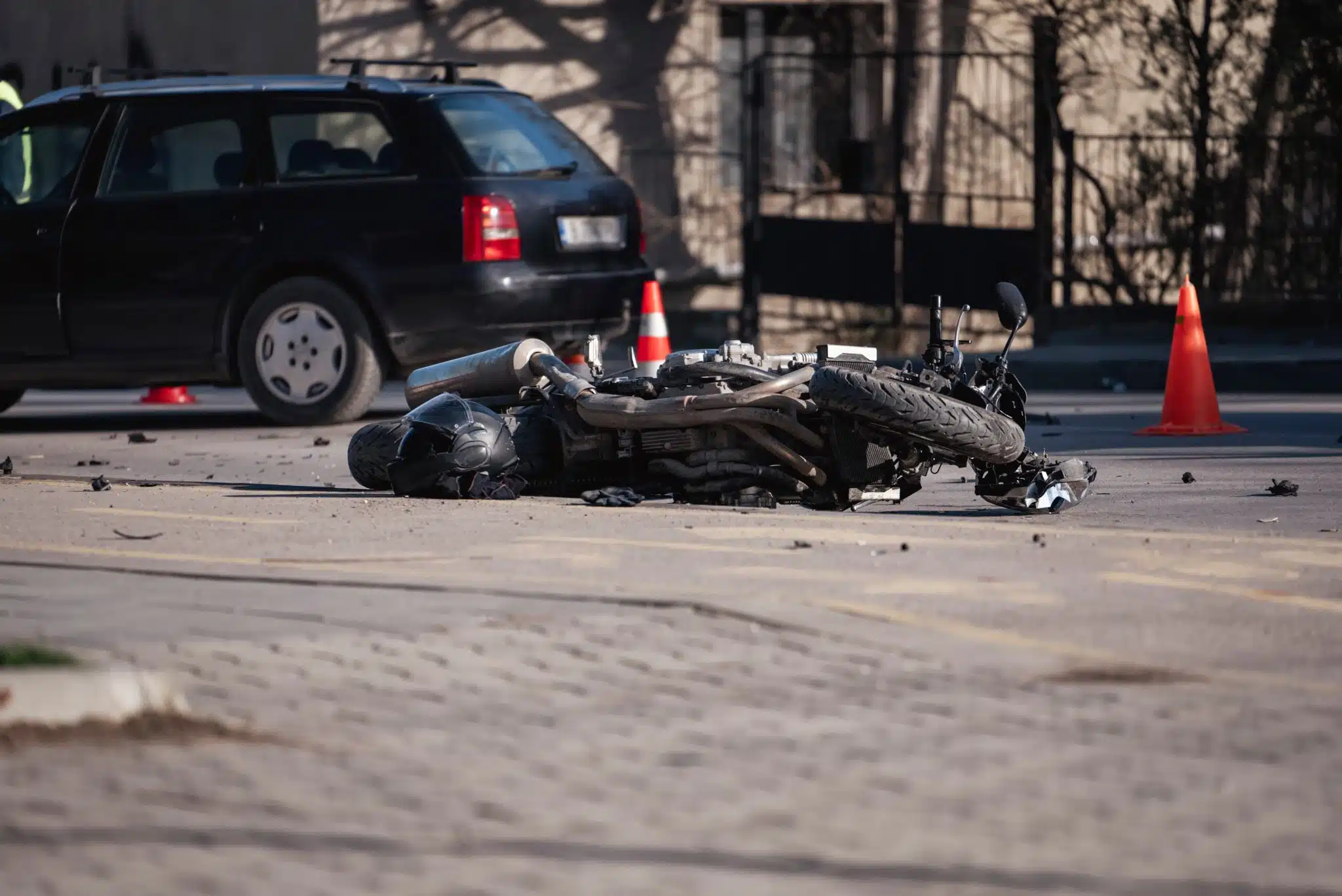
According to a recent study by Johns Hopkins Medicine, medical malpractice ‘never events’ occur at least 4,000 times per year in surgical situations. According to American Medical News, Americans who undergo surgical procedures become victims of medical mistakes approximately 80 times per week.
What Are ‘Never Events’?
What are ‘never events’? The term refers to preventable medical errors that occur during surgery. These medical oversights include leaving foreign objects “such as a sponge or a towel” inside the patient’s body, performing the incorrect procedure, operating on the wrong body site, and sometimes even operating on the wrong patient. In fact, Johns Hopkins patient safety researchers, relying on numbers collected from the National Practitioner Data Bank (NPDB), estimate that 80,000 “never events” occurred in U.S. hospitals between 1990-2010. And this high number is an estimate that is “likely on the low side.”
According to an article published in the Los Angeles Times, Verna Gibbs, a surgeon at the UC San Francisco Medical Center stated “the problem occurs because hospitals lack effective practices to prevent the errors.” Gibbs asserts that the problem does not lay with individual physicians or nurses alone. He believes hospital practices in general need to be addressed. New practices to correct the problem of ‘never events’ could include “teamwork,” wherein each member of a surgical team checks to ensure that all materials used during surgery are placed in holders following an operation. Furthermore, new technologies could also work to lessen the frequency of errors. For example, sponges could be made with barcodes that are required to be scanned at the start and finish of each operation.
What Can Be Done? The Importance of Reporting
In the meantime, we might lower the rate of ‘never events’ by demanding their reporting. Medical practitioners emphasize that some surgical errors are not preventable, such as certain infections. “Even if everyone does everything right,” said Marty Makary, a researcher and associate professor of surgery at the Johns Hopkins University School of Medicine, “infection rates will likely never get down to zero.” However, while there is a “universal professional agreement” that ‘never events’ should never happen, in order to fully grasp the magnitude of the problem, researchers stress the importance of reporting them.
Hospitals are required by law to report ‘never events’ that end with a settlement or judgment to the NPDB, but Makary urges consumers to report these events themselves. When hospitals fail to report, consumers can protect themselves and others by personally reporting ‘never events.’ In addition to providing accurate statistics, consumer reporting would also allow people to make informed choices about their choice of hospital and surgeon. Such reporting would also put hospitals on notice that they need to attend to these safety concerns. Therefore, although hospitals are required to release information about ‘never events’ to teams assessing hospital safety and practice standards, Makary indicates “that [reporting] doesn’t always happen.”
What are the Effects on Medical Malpractice?
Statistics from the NPDB concerning medical malpractice judgments and out-of-court settlements related to ‘never events,’ suggest that between 1990-2010, there were 9,744 malpractice judgments. While the average amount paid for each surgical ‘never event’ is $133,055, these amounts have ranged up to $7.1 million. The majority of victims experienced only a temporary injury, 32.9 percent of patients sustained a permanent injury, and 6.6 percent of ‘never events’ resulted in death.
Have you or a loved one been the victim of a ‘never event’? You may be eligible to file a medical malpractice claim. Contact an experienced medical malpractice attorney today to discuss your options.



